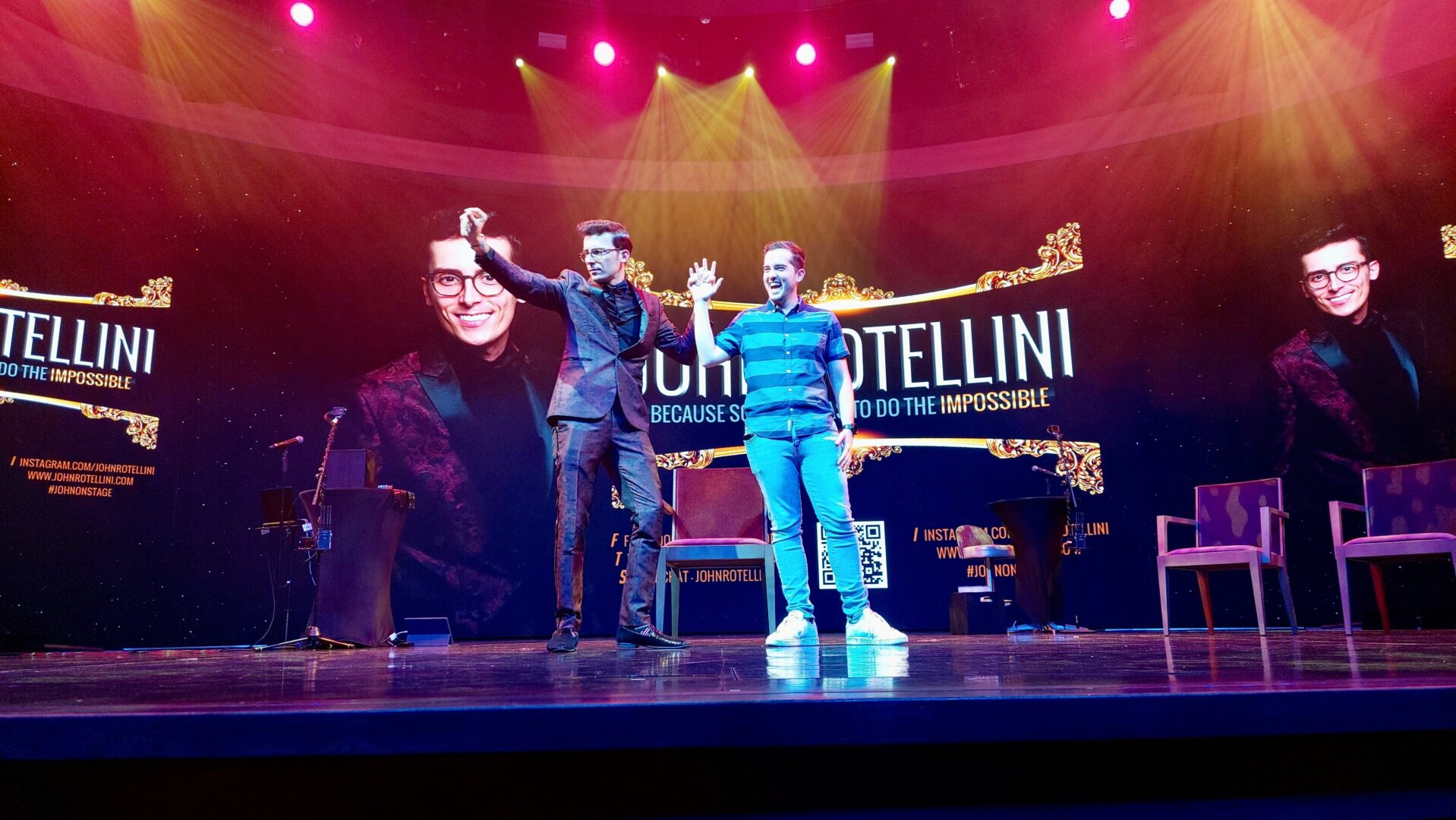We caught up with the brilliant and insightful John Rotellini a few weeks ago and have shared our conversation below.
Alright, so we’re so thrilled to have John with us today – welcome and maybe we can jump right into it with a question about one of your qualities that we most admire. How did you develop your work ethic? Where do you think you get it from?
My work ethic comes from a few different places. To start, I’m very fortunate to come from a close-knit family full of good, hard-working people. The examples set by my parents and grandparents early in life helped instill a strong foundation—one that values hard work, putting in the effort, being smart and thoughtful about how the work gets done, taking healthy pride in the results, and being willing to be wrong, own mistakes, and learn from them. I’ve also benefitted from a very supportive community growing up that made it possible to chase some very big dreams.
Beyond that, I’ve been lucky to have a wide range of role models—people I’ve looked up to, shared friendships with, or had mentorships through—who’ve helped show me what hard work can achieve. It’s been an incredible honor to have people from a variety of industries, including folks working at the highest levels of what they do being willing to take and make the time to answer questions, give advice, provide opportunities, and, in a sense, send the elevator back down for the next generation. I’ve also learned a lot from real-world experiences: through my own successes and failures, and by observing those of others. You learn just as much from what not to do as from what works.
And of course, there’s been plenty of trial and error—moments where I’ve seen firsthand both the benefits of putting in the work and the consequences of falling short. Whether it’s skipping steps, rushing a process, or making short-sighted or immature decisions, those experiences have taught me a lot about what it means to show up, do your best, and take responsibility.
As many successful people, from Arnold Schwarzenegger to George Matthew Adams have pointed out when people reference the notion of being a “self made man” that idea is untrue. I am the product and culmination of everyone who has been kind, taken time, granted opportunity, lent a hand, given advice and supported me along the way.
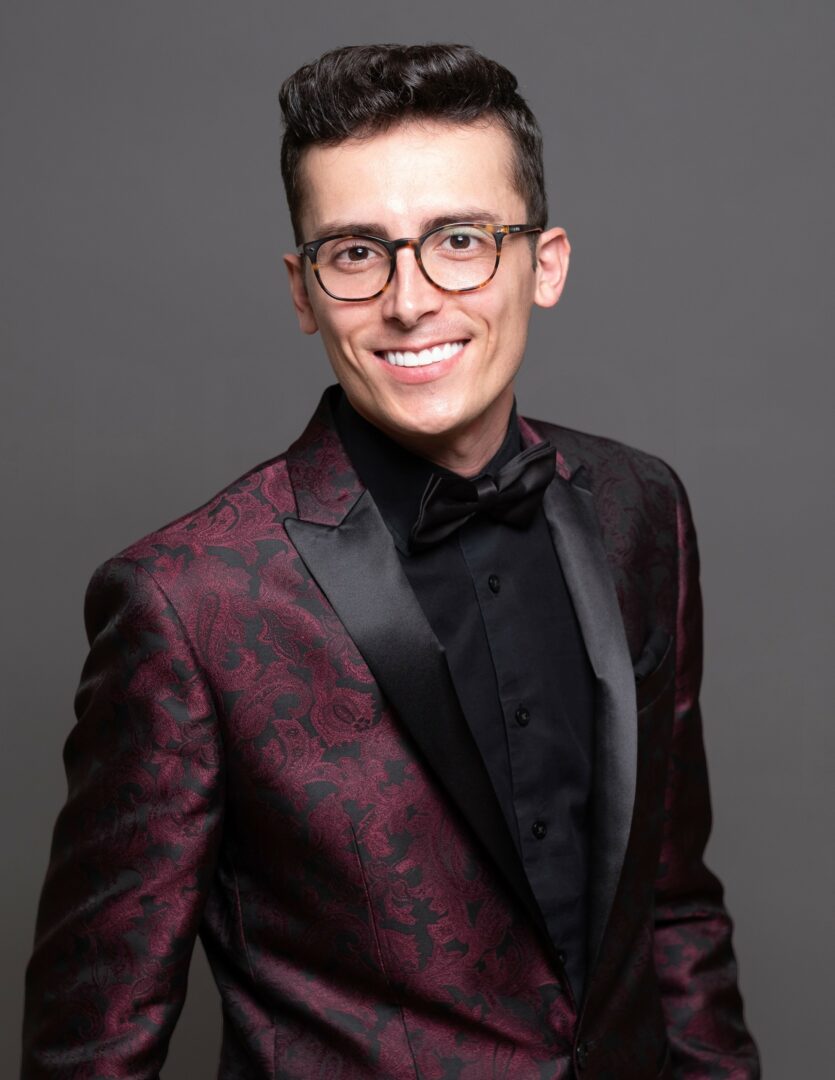
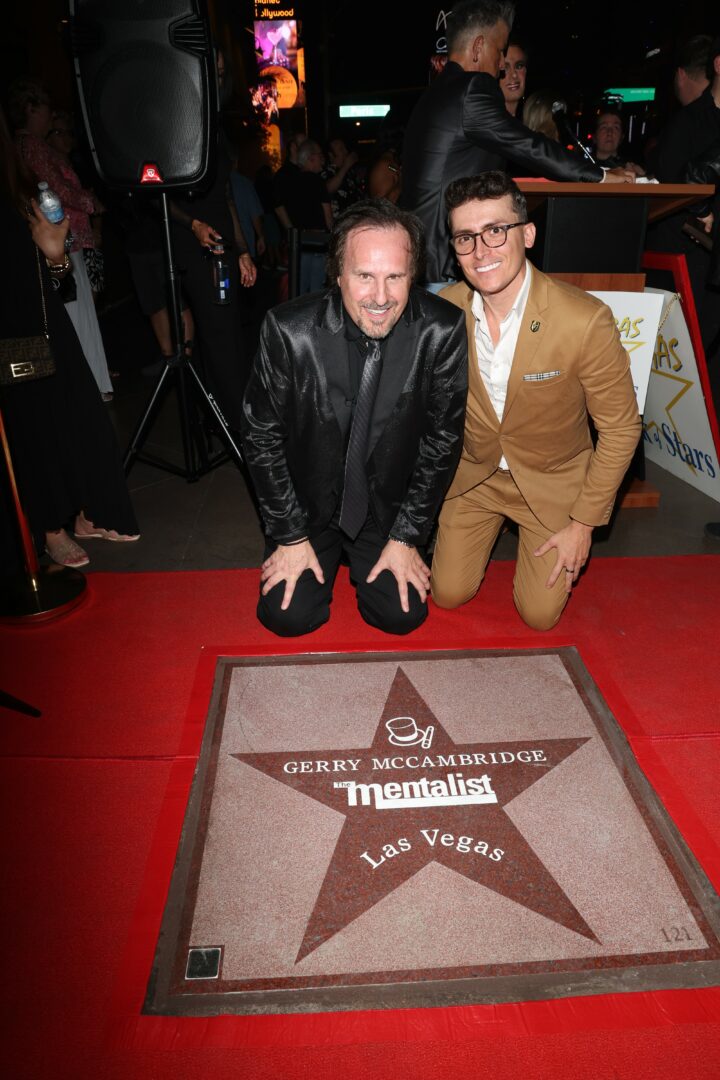
Appreciate the insights and wisdom. Before we dig deeper and ask you about the skills that matter and more, maybe you can tell our readers about yourself?
Hi there! My name is John Rotellini. In my career, I’m a headlining entertainer, speaker, and media personality.
I live in Las Vegas, Nevada, and I’m originally from Sheridan, Wyoming.
At the heart of my work, I’m a performer. As an entertainer, my career centers around being a magician—and more specifically, a mentalist. For those who may not be familiar, mentalism is a unique genre within magic—just as music has different genres, so does magic. Mentalists are often thought to read minds, predict the future, and do other impossible feats using mental-based routines. To be clear, I don’t claim to have any superpowers. Instead, I blend some of my favorite disciplines—psychology, sociology, science, theater, and good old-fashioned magician’s principles—to create moments that are good, fun, positive, memorable, and, most importantly, meaningful.
Over the course of my career, I’ve performed a few different genres of magic—large-scale stage illusions and my fair share of sleight-of-hand magic—all of which are a blast. But performing as a mentalist is especially exhilarating. Most of my routines are interactive, meaning the audience becomes part of the experience. Even when I’ve performed a routine hundreds or thousands of times, it still feels fresh—because the people participating are different every time.
I love getting to share smiles, wonder, and excitement with others. Working with great audience volunteers creates moments of joy and connection that often make the volunteers the stars of the show in their own right.
Whether I’m performing in Las Vegas—where I star on select dates in The Mentalist (the longest-running mentalism show in Las Vegas history, created by my mentor and close friend Gerry McCambridge, who celebrated his 5,000th show and received a star on the Las Vegas Walk of Stars in 2024)—or on the road across the U.S. and internationally, I’ve come to realize that the real magic lies in engaging people and creating impactful experiences.
That same philosophy carries over into the other roles I serve beyond the stage—each one rooted in communication, connection, and creativity. These roles include:
1. Keynote Speaker
I deliver custom keynote presentations that combine impactful messaging with entertainment elements from my stage work. These talks are designed to be interactive, engaging, and memorable—helping organizations and audiences connect with ideas in a unique and powerful way.
2. Event Host and Emcee
I serve as a professional host and emcee for live events, conferences, and corporate gatherings—guiding the flow of the program, energizing the audience, and keeping things running smoothly with polish, personality, and adaptability.
3. Media Personality
I work both in front of the camera and behind the scenes—appearing as an on-air host, contributor, or performer for various platforms and projects, while also assisting with production and creative development where needed.
4. Consultant
I consult with other performers, speakers, and organizations on a range of topics, including event design, audience engagement, messaging strategy, and technical planning. Whether it’s shaping a live show, building a brand presence, or enhancing the experience for a particular audience, I enjoy helping others elevate what they do.
Wearing a variety of hats brings a lot of creative energy into my life and keeps things fresh with new ideas and opportunities. Fortunately, all of these roles come back to that common thread: creating a meaningful, positive impact—whether through entertainment, business, or philanthropy (the latter of which is one of the things I’m most proud of).
I never take for granted the opportunity to do what I love. I’m incredibly grateful—and I’m on a mission to do as much good as I can through the different disciplines I’ve grown into.
Thankfully, I’ve met many others across the industries I work in who share that same passion. That’s led to meaningful involvement with a variety of philanthropic organizations and causes I care deeply about—something that continues to inspire and drive me forward.
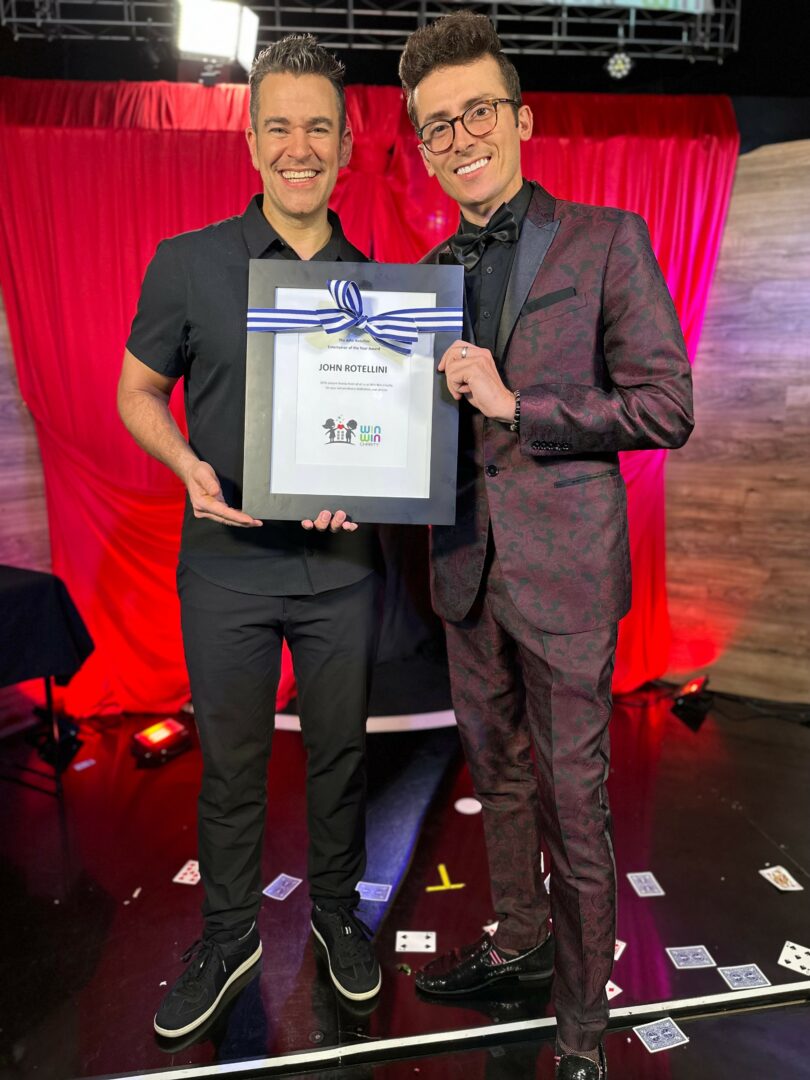
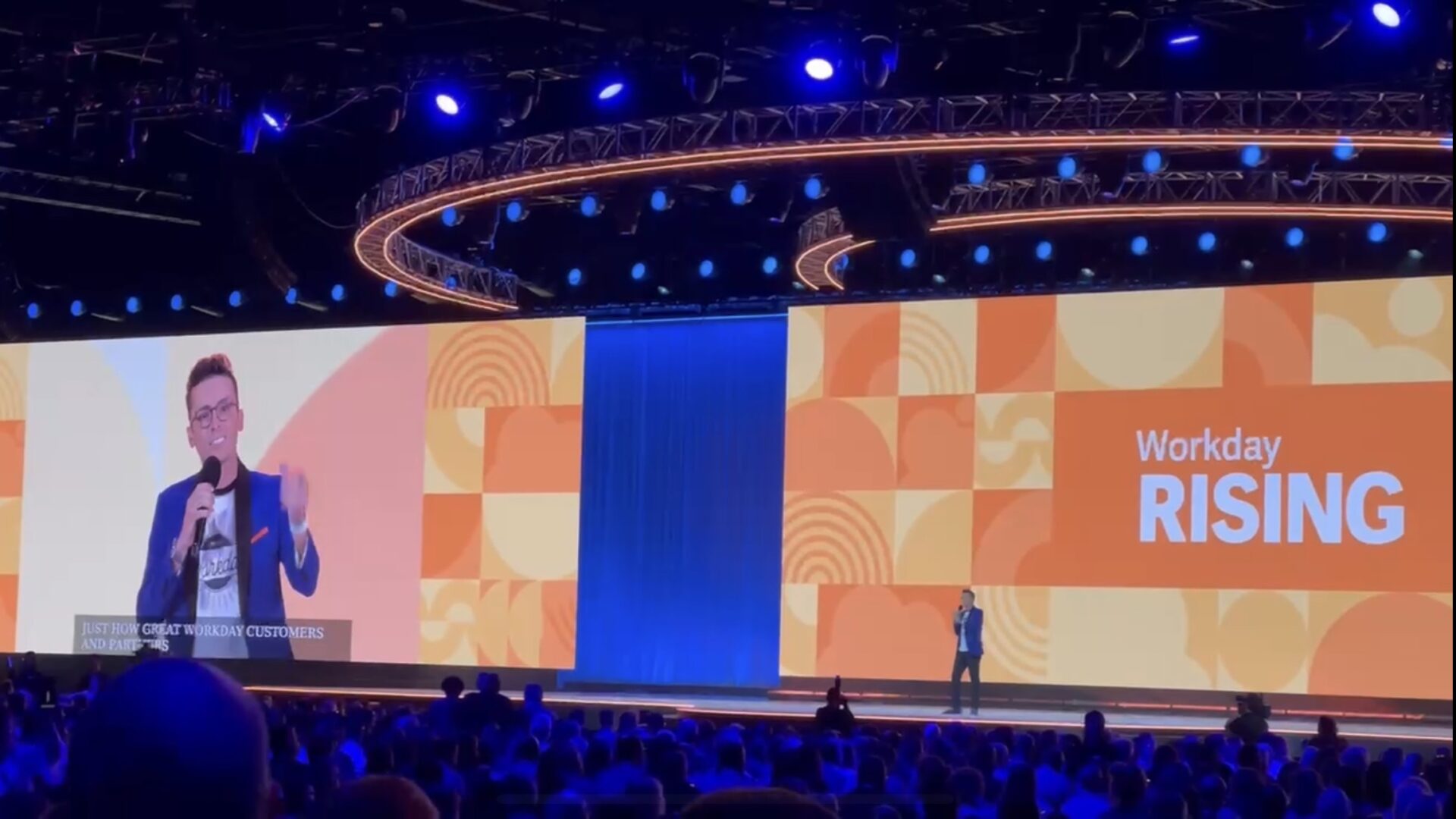
If you had to pick three qualities that are most important to develop, which three would you say matter most?
This is a great question. As I look back, I still can’t help but feel like I’m still a student—something I hope never changes.
With that in mind, the three things I think have been most impactful (and that can apply to just about anyone, regardless of their path) are less about singular takeaways and more about broader concepts—with qualities and skills nested under each.
1. Be yourself.
Be honest, authentic, and willing to grow. Take the time to take care of yourself—even if it’s not always as well as you should. Each of us has unique gifts, qualities that make us special. When you know who you are and you’re willing to truly be yourself, those gifts can become powerful assets. They not only help you succeed—they also can help you contribute great things to the world around you.
2. Do your best.
Put in the work, and be smart about how you do it. Seek knowledge, stay curious, and don’t be afraid to ask questions. Be willing to fail, be wrong, and make mistakes—but be gracious, humble, and take ownership when it happens. Ask for help. Give yourself and others grace for the moments when you know something could’ve, should’ve, or would’ve gone differently—but didn’t. Learn from it. Be patient, and do your best to keep your composure along the way.
3. Leave it better than you found it.
Find ways to make the world a better place—in your career, in your personal life, and in how you show up for others. Be kind. Spread joy. Make a positive impact—whether it’s through volunteering, raising awareness, supporting a cause, or simply adding a little extra light to the spaces you move through. None of us are here for a very long time—but we can sure try to make it a good time.
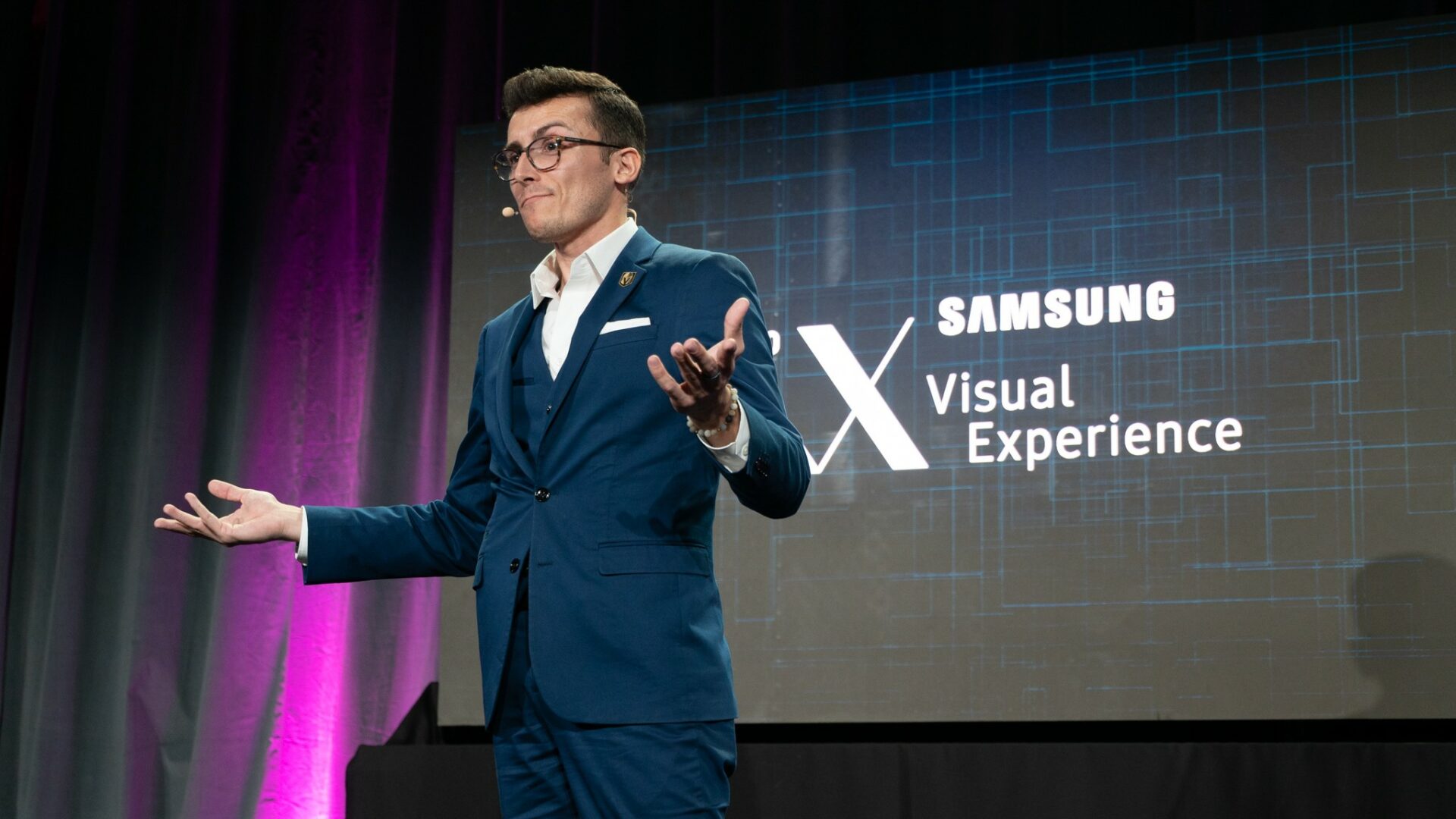
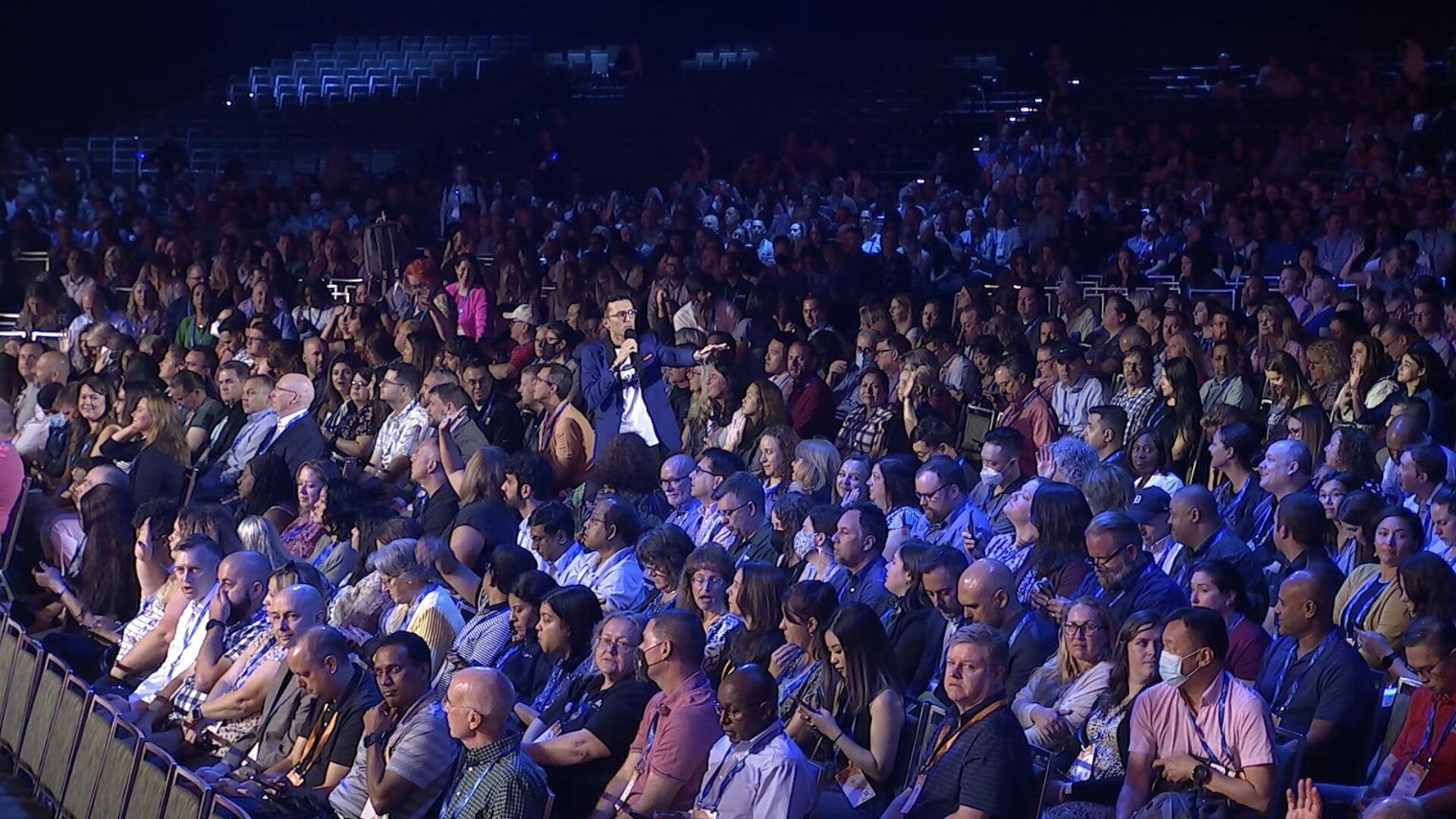
What is the number one obstacle or challenge you are currently facing and what are you doing to try to resolve or overcome this challenge?
I’d say the number one challenge for me right now is something that’s been a work in progress for quite some time—across many areas of both my business and personal life: finding the sweet spots, so to speak.
The sweet spots, in my opinion involve balance, moderation, modulation and consistency, all working together in harmony.
When I was younger, I learned just how important balance is—and how detrimental big swings can be, whether between burnout and recovery, productivity and procrastination, or focus and lethargy. I like to think of it as an S-curve: full of ups and downs.
Back then, the highs and lows of those curves were much further apart, especially when it came to burnout. I would overwork myself and then crash—cratering hard, only to slowly build back up. Sometimes I’d push again too soon or in the wrong way, leading right back into burnout. The same pattern showed up in my cycles of productivity and procrastination.
Over time, I’ve come to understand that consistency and balance are key. There’s a reason consistency is so often touted as one of the biggest drivers of long-term success. That’s something I’m really working to hone in on.
Learning how to moderate and modulate those curves—essentially squishing that S-shape—so that the peaks and dips look more like gentle ripples rather than wild fluctuations, has helped minimize the downsides while maximizing the benefits. I’ve seen real gains not just in my work, but in my mental, physical, and emotional health too. As time has gone on and I’ve put in the effort, that curve continues to shrink and tighten. I hope to get it to resemble more of a hum than a warble.
I’m proud of the progress I’ve made, but I know there are still areas—different “departments” of who I am, both professionally and personally—where I want to keep improving. Especially when it comes to consistency. I’ve never been afraid to push for greatness or put in maximum effort, but I’ve also come to appreciate that great results don’t always require perfect effort every single time. Sometimes, they just require showing up consistently and doing good work.
The better I get at finding that balance, the more I can get done—and the better equipped I am to prevent burnout, procrastination, and energy dips. Or at the very least, I can recognize when they’re coming and prepare accordingly. There’s still times that I’ll know I’ll need to have some targeted overwork/burnout but, when I recognize that a project—an event or something is going to be an especially heavy left, I make sure to create time and space to make a safe landing pad to find at the end at and recover from.
This shift in mindset has also allowed me to do more, work faster and more effectively, and lean on the tools and people around me. I’ve learned to focus my energy on the areas where I’m most needed—and where my time has the most impact—while also delegating or collaborating with others who may be better suited or more passionate about certain tasks. That teamwork leads to stronger outcomes for everyone.
This ongoing pursuit of balance has been one of my biggest challenges—but also one of the most rewarding. I’m not chasing perfection anymore. I’m striving for balance: consistent output, steady growth, and a healthier, more sustainable way of working and living. Of course, there’s still a drive to do excellent work—but I’m learning that “excellent” doesn’t always mean “perfect.” If something turns out perfectly, that’s wonderful—but I’ve also come to realize there’s a difference between perfect and best.
“Best,” I’ve found, is more and more situational—often defined by the scenario, the desired results, and the tools, time, and energy available in that moment.
For example, on the professional side: sure, I’d love to have a flawless new promotional reel ready to go. But I also know it may be more effective to put out a strong B or B+ reel that gets me on base, so to speak—something I can build on and improve—rather than chasing an A+ version that never gets finished or comes out too late to be useful.
There’s real value in knowing when good is good enough—especially when the trade-off for perfect is lost time, missed opportunities, or diminished returns. That doesn’t mean it’s not worth giving your best effort, but sometimes that B or B+ version—the one that gets out the door and has more time to do good—is the best. It may not be flawless, but it’s effective, timely, and actionable. Meanwhile, the A+ version that never gets finished—or comes out too late—might not actually serve its purpose as well. In those moments, “best” isn’t about perfection; it’s about momentum, timing, and results.
Ultimately, just about everything I do benefits from those sweet spots. And while I know I still have room to grow, I also appreciate the progress I’ve made—and enjoy those times when I find the right ones at the right times. I’m committed to continuing that journey and am excited to see where it takes me.
Contact Info:
- Website: https://www.johnrotellini.com
- Instagram: http://www.instagram.com/johnrotellini
- Facebook: http://www.facebook.com/themagicofjr
- Linkedin: https://www.linkedin.com/in/johnrotellini
- Twitter: http://www.twitter.com/johnrotellini
- Youtube: http://www.YouTube.com/themagicofjr
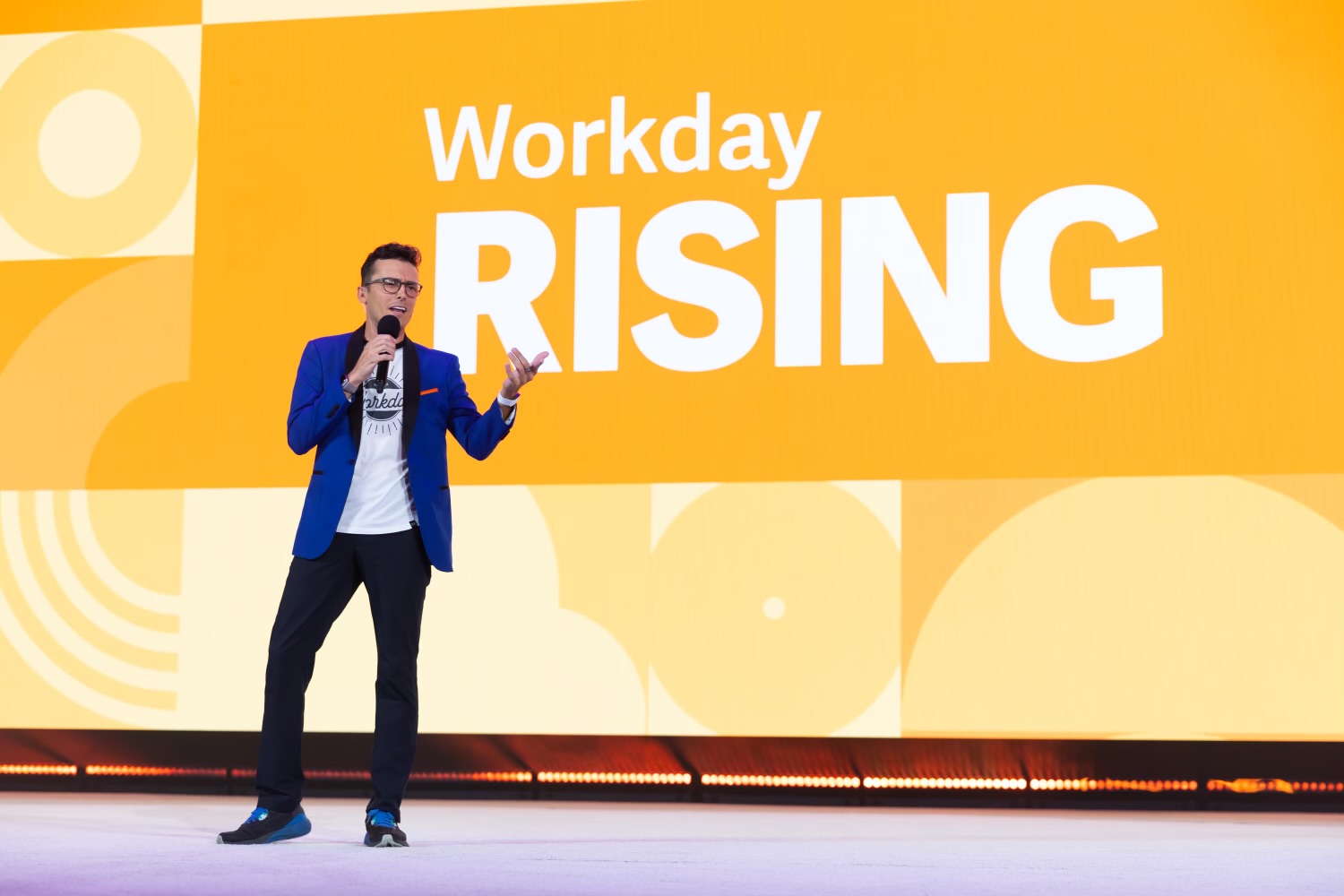
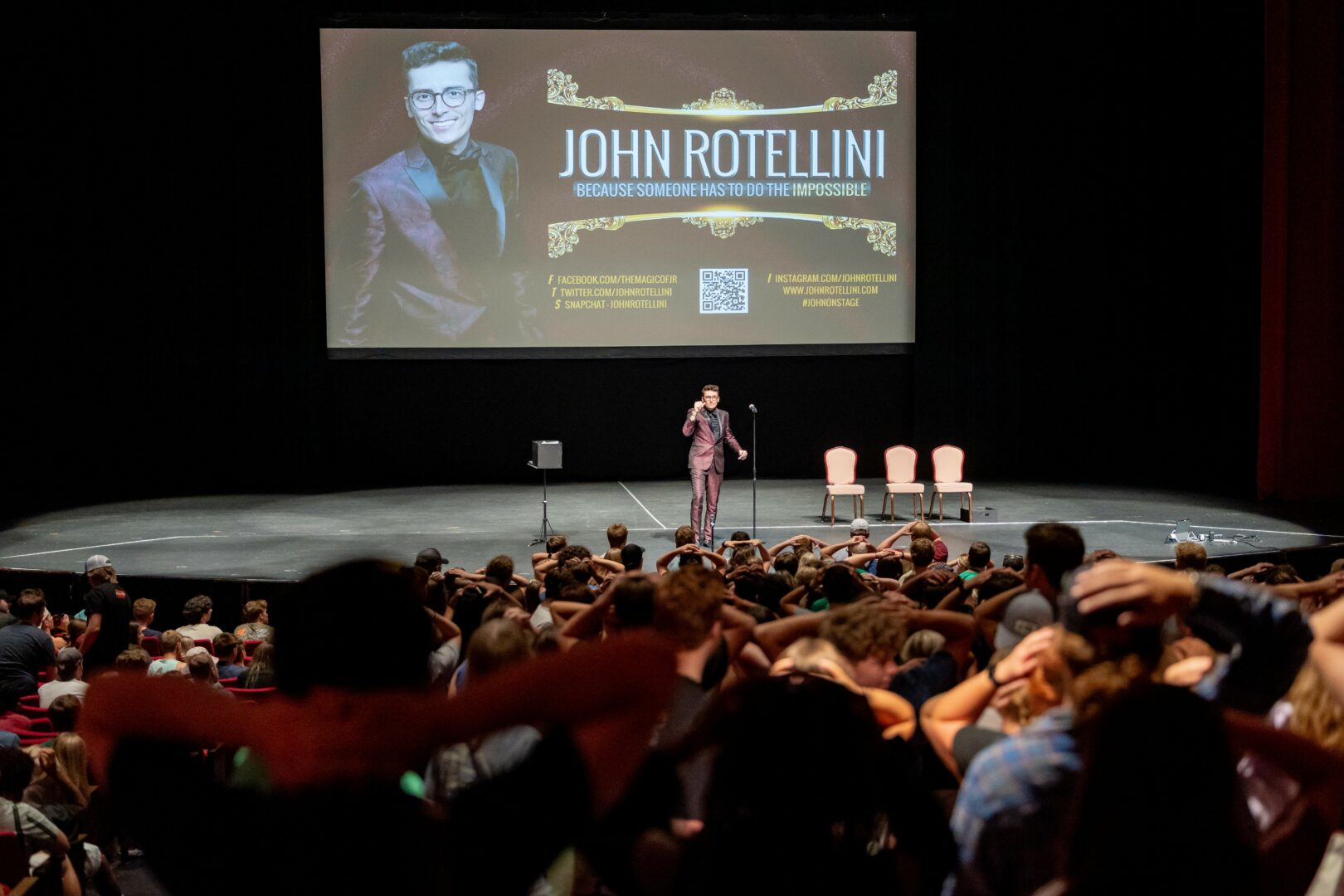
so if you or someone you know deserves recognition please let us know here.

